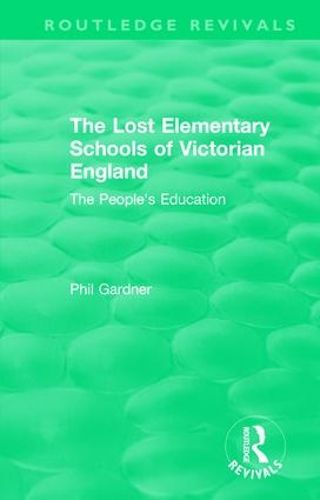Readings Newsletter
Become a Readings Member to make your shopping experience even easier.
Sign in or sign up for free!
You’re not far away from qualifying for FREE standard shipping within Australia
You’ve qualified for FREE standard shipping within Australia
The cart is loading…






Published in 1984. As late as 1870, a substantial proportion of working class pupils receiving an elementary education were attending private schools, run by the working class itself, instead of schools which were publicly sponsored. Previous studies in this area have concentrated on the latter, however, the author of this study adopts a wider approach by focusing on the relation between the working-class and education, in order to demonstrate the nature of the class-cultural conflict that existed.
Two main methods of investigation are employed: the pattern of working-class responses to the official educational provision are charted and the positive traditions of independent working-class educational activity are analysed. These traditions formed a part of the foundation on which resistance to official education was based.
This thoroughly researched book extends our understanding of this hitherto neglected area in the history of education.
$9.00 standard shipping within Australia
FREE standard shipping within Australia for orders over $100.00
Express & International shipping calculated at checkout
Published in 1984. As late as 1870, a substantial proportion of working class pupils receiving an elementary education were attending private schools, run by the working class itself, instead of schools which were publicly sponsored. Previous studies in this area have concentrated on the latter, however, the author of this study adopts a wider approach by focusing on the relation between the working-class and education, in order to demonstrate the nature of the class-cultural conflict that existed.
Two main methods of investigation are employed: the pattern of working-class responses to the official educational provision are charted and the positive traditions of independent working-class educational activity are analysed. These traditions formed a part of the foundation on which resistance to official education was based.
This thoroughly researched book extends our understanding of this hitherto neglected area in the history of education.